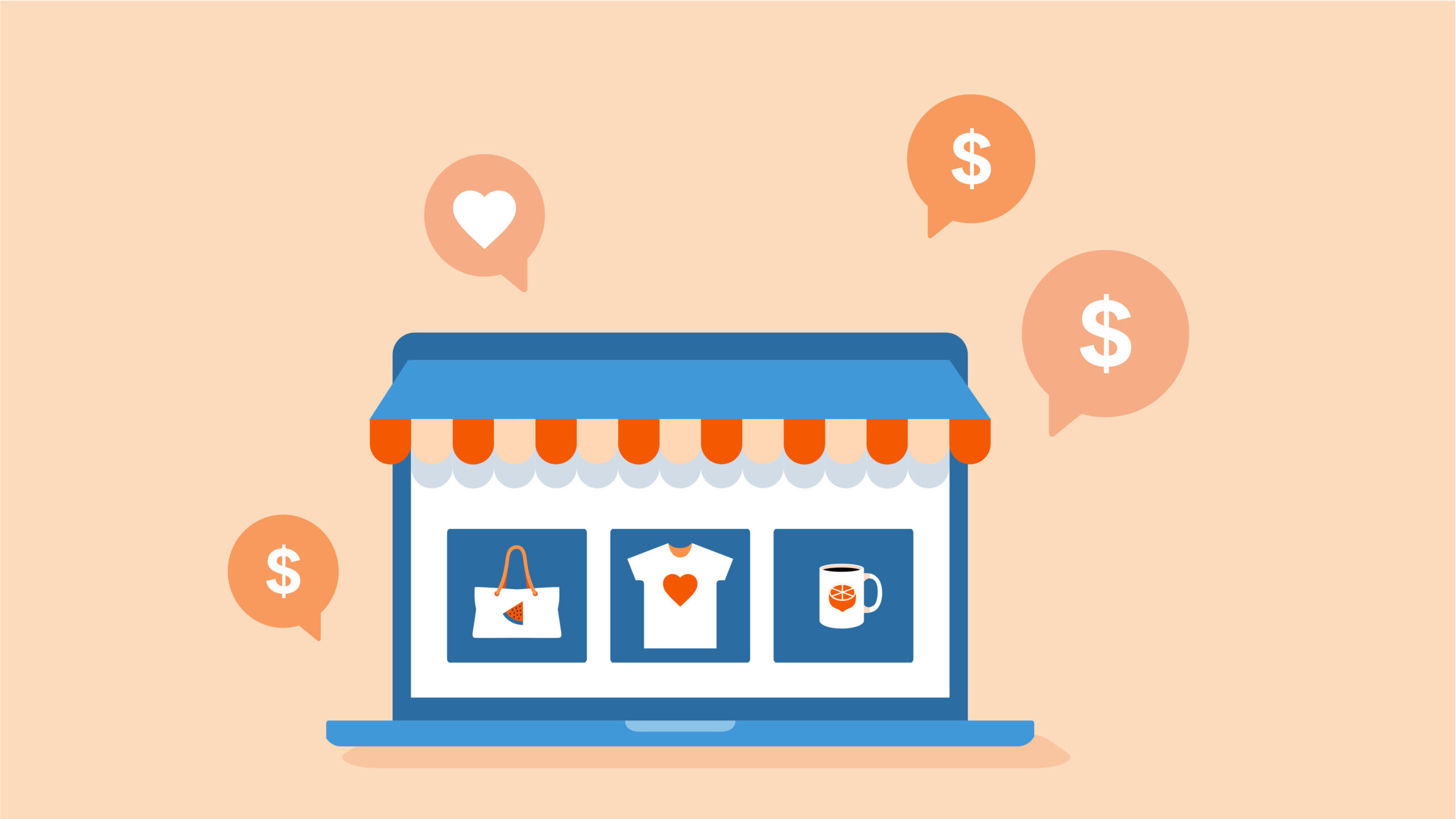
Do you have a passion for crafting, designing, or creating unique products? If so, Etsy provides the perfect platform to turn your creativity into a successful online business. With millions of shoppers looking for handmade, personalised, and vintage products, Etsy offers independent sellers a global audience and a community that values creativity.
Whether you make handcrafted jewellery, custom clothing, home decor, or digital artwork, Etsy makes it easy for you to set up a shop, market your products, and grow your brand.
In this guide, we’ll walk you through how to start an Etsy shop, list your first product, optimise your store for success, and attract customers, so you can build a profitable business doing what you love.
Why Sell on Etsy?
Etsy is one of the most popular online marketplaces for handmade and vintage items. Here’s why it’s a great platform for small business owners, artisans, and crafters:
1. Built-in Audience of Buyers
Etsy attracts millions of shoppers every month who are specifically looking for unique, handmade, and one-of-a-kind products. This means you don’t have to struggle to find customers—they’re already here!
2. Low Startup Costs
Unlike other e-commerce platforms, Etsy allows you to start selling with minimal upfront costs. The listing fee is just $0.20 per item, and you only pay transaction fees when you make a sale.
3. Easy-to-Use Seller Tools
Etsy provides user-friendly tools for managing your store, tracking sales, promoting your products, and analysing performance. You don’t need technical skills to set up a professional-looking shop.
4. Global Reach
Etsy gives you access to buyers from around the world, allowing you to grow your business beyond your local market.

Step-by-Step Guide to Setting Up Your Etsy Shop
1. Create an Etsy Account
The first step is to create an Etsy seller account. Simply go to Etsy.com and click on “Sell on Etsy” to get started.
2. Choose a Shop Name
Pick a name that reflects your brand and products. It should be unique, memorable, and easy to spell. If your preferred name is taken, try adding words like “Designs,” “Studio,” or “Handmade” to make it distinct.
3. Set Up Your Shop Preferences
Select your shop’s language, currency, and location. Etsy supports multiple currencies and languages to help you sell globally.
4. Create Your First Product Listing
Each product listing includes:
- Product Title: Use descriptive keywords that buyers might search for.
- Photos & Videos: Upload high-quality images and videos that showcase your product from different angles.
- Product Description: Write a detailed, engaging description explaining what makes your item special.
- Pricing: Set a competitive price that covers your costs and leaves room for profit.
- Shipping Details: Provide estimated shipping times and costs.
5. Set Up Payment and Billing Information
Etsy supports multiple payment options, including Etsy Payments, PayPal, and credit cards. Choose the method that works best for you.

How to Optimise Your Etsy Shop for More Sales
Once your shop is set up, it’s time to optimise it for visibility and conversions.
1. Use SEO to Rank Higher in Etsy Search
Etsy uses a search algorithm to show products to buyers. To rank higher, make sure you:
- Use relevant keywords in your product titles, descriptions, and tags.
- Fill out all product attributes like colour, size, and material.
- Add clear, high-quality images that appeal to shoppers.
2. Offer Free or Competitive Shipping
Buyers are more likely to purchase products with free or low-cost shipping. Consider offering free shipping for domestic orders and adjusting your pricing accordingly.
3. Get Customer Reviews
Positive reviews build trust and encourage more sales. Provide excellent customer service by responding to messages promptly, shipping orders on time, and ensuring product quality.
4. Promote Your Shop on Social Media
Use Instagram, Pinterest, Facebook, and TikTok to showcase your products and drive traffic to your Etsy store. Posting behind-the-scenes content, product videos, and customer testimonials can help attract more buyers.
5. Offer Discounts and Special Deals
Run limited-time promotions, holiday sales, and bundle deals to encourage more purchases. Etsy also has a built-in discount tool to create special offers for returning customers.

Managing Your Etsy Business Like a Pro
Once your shop is live, managing it effectively is key to long-term success.
1. Keep Your Listings Fresh
Regularly update your product listings by adding new photos, revising descriptions, and updating keywords. Etsy rewards active shops with better visibility.
2. Track Your Shop’s Performance
Use Etsy’s analytics tools to monitor which products are selling well and where your traffic is coming from. This helps you refine your marketing strategy.
3. Expand Your Product Line
If your shop is performing well, consider adding new product variations, seasonal collections, or related items to attract more customers.
4. Handle Customer Service Professionally
Excellent customer service leads to positive reviews and repeat buyers. Always respond quickly to messages, resolve issues politely, and go the extra mile to satisfy customers.

Success Stories – Etsy Sellers Who Made It Big
Need inspiration? Here are a few success stories of Etsy sellers who turned their small shops into thriving businesses:
1. Three Bird Nest
This handmade accessories shop started as a small business and now earns over $65,000 per month! Their success comes from unique designs, strong branding, and social media marketing.
2. Bohemian Findings
A small jewellery supply shop that grew into a six-figure business by offering a wide range of charms, beads, and pendants.
3. Paper & Honey
A wedding stationery shop that became wildly successful by offering custom calligraphy and personalised invitations.
These stories prove that with passion, strategy, and persistence, you can build a profitable Etsy shop too!
Final Thoughts: Start Your Etsy Shop Today and Turn Your Passion into Profit
Selling on Etsy is a fantastic opportunity for artists, crafters, and designers who want to showcase their creativity and make money from their passion. By following the steps in this guide, you can set up a successful Etsy shop, attract customers, and grow your business into a thriving online brand.
So why wait? Start your Etsy journey today, and turn your creativity into a profitable business!



